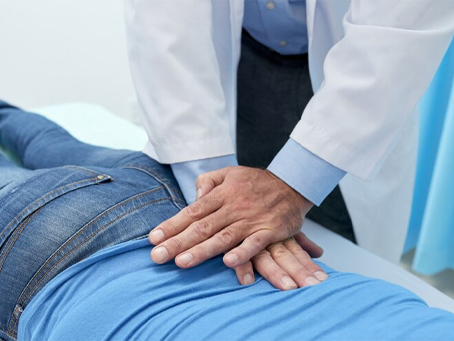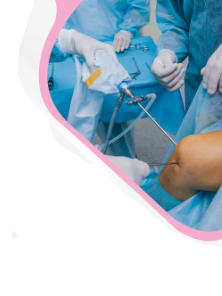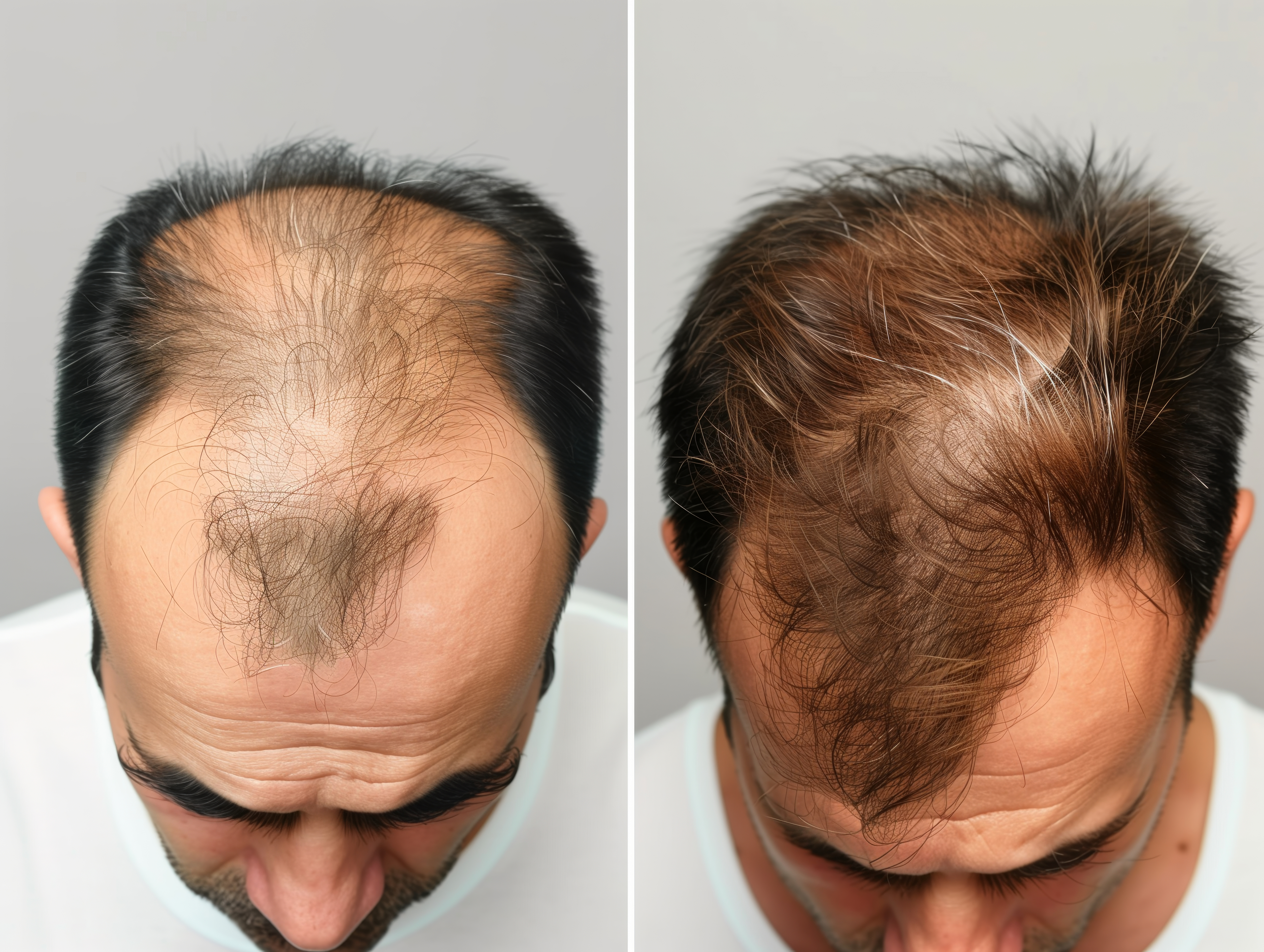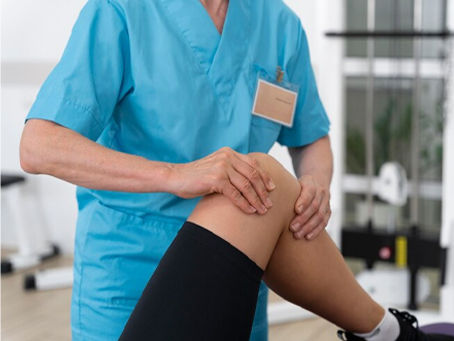Hip bone surgery is a transformative procedure that can significantly improve a patient’s quality of life by alleviating pain, restoring mobility, and enhancing overall function.
Around the world, approximately 355 million people are living with arthritis, including over 151 million who have osteoarthritis (OA). In the U.S. alone, about 10 million people have been diagnosed with osteoarthritis of the hip.
Are you one of them who has undergone total hip replacement surgery partial hip replacement, or another type of hip surgery?
Then, it can be beneficial to know what to expect during the recovery process and manage your recovery effectively.
So, in this blog post, we outline a typical recovery timeline for hip surgery, including milestones and key points of interest. Here, keep in mind that every patient's recovery journey is unique and may vary depending on their overall health, age, type of surgery, and adherence to rehabilitation plans. Above all, always follow your surgeon's specific instructions and recommendations for the best outcomes.
Day of Surgery
-
Surgical Procedure: The surgery is typically performed under general or regional anesthesia and may take a few hours. Here, your surgeon will replace the damaged hip joint with a prosthetic joint, which may consist of metal, plastic, or ceramic components.
-
Immediate Postoperative Care: After surgery, you will be monitored in the recovery room and then moved to your hospital room. In that case, pain management will be a priority, and you may receive medications to control pain and prevent infection.
-
Early Mobility: Depending on your surgeon's protocol, you may begin mobilizing on the day of surgery with the assistance of a physical therapist or nurse.

First Few Days Post-Surgery
-
Hospital Stay: Most patients stay in the hospital for 1-3 days after hip bone surgery. During this time, medical staff will monitor your recovery and provide the necessary care.
-
Mobility Exercises: You will begin gentle exercises and physical therapy to help you regain mobility. You may use a walker, crutches, or a cane for support.
-
Pain Management: Continue to receive pain medication as needed, following your surgeon's recommendations.
-
Wound Care: Keep the surgical incision clean and dry to prevent infection. Follow your surgeon's instructions for wound care.
First Week Post-Surgery
-
At-Home Recovery: Most patients are discharged to their homes after a few days in the hospital. Continue physical therapy exercises and follow your surgeon's instructions for at-home care.
-
Pain and Swelling: Pain and swelling are common during the first week. Use ice packs to reduce swelling and continue taking prescribed pain medications.
-
Activity Levels: Begin gentle activities such as walking short distances with the help of mobility aids. Avoid strenuous activities and adhere to weight-bearing restrictions.
Weeks 2-4 Post-Surgery
-
Increasing Mobility: As you progress through the first few weeks, your mobility should steadily improve. Continue working with your physical therapist to regain strength and range of motion.
-
Transitioning to Cane: Many patients transition from a walker or crutches to a cane as they regain balance and stability.
-
Driving: If you have a right hip replacement, you may be able to resume driving around four weeks post-surgery. Besides, left hip replacement patients may be able to drive sooner. Consult your surgeon before driving.
Weeks 4-6 Post-Surgery
-
Strengthening Exercises: At this stage of hip bone surgery, you will focus on strengthening exercises to build muscle around the hip joint. Here, your physical therapist will guide you through a tailored exercise program.
-
Increasing Activity Levels: As you gain confidence and strength, you can gradually increase your activity levels. In such conditions, walking, swimming, and cycling are excellent, low-impact activities to consider.
-
Follow-up Appointments: Attend follow-up appointments with your surgeon to monitor your progress and address any concerns.
Weeks 7–12 Post-Surgery
-
Returning to Normal Activities: By the end of the first three months, most patients can return to many normal activities. They include light household chores, walking longer distances, and engaging in low-impact exercises.
-
Improved Range of Motion: You should notice significant improvements in your range of motion and ability to perform daily tasks without pain.
-
Resuming Work: Depending on the physical demands of your job, you may be able to return to work around 6–12 weeks post-surgery. Here, you can discuss your specific situation with your surgeon.
3-6 Months Post-Surgery
-
Continued Rehabilitation: Continue physical therapy as needed to maintain and improve your strength and mobility.
-
Returning to High-Impact Activities: Depending on your progress and your surgeon’s recommendations, you may be able to gradually return to high-impact activities such as jogging or sports.
-
Full Recovery: Most patients achieve full recovery within 3-6 months, with significant pain relief and improved mobility.

Beyond 6 Months Post-Surgery
-
Long-Term Care: Continue to take care of your hip joint with regular exercise and a healthy lifestyle. Follow your surgeon's recommendations for long-term care.
-
Annual Check-Ups: Schedule regular follow-up appointments with your surgeon to monitor your hip joint's condition and function.
Why Choose Medical Tourism for Hip Bone Surgery?
Patients may choose to travel abroad for hip-bone surgery for various reasons, including:
-
Cost Savings: Many countries offer hip bone surgery at a fraction of the cost compared to prices in the United States, Canada, or Western Europe. This is often due to differences in healthcare systems and costs of living.
-
Access to Advanced Techniques: Some medical tourism destinations are known for their expertise in specific surgical techniques or innovative treatments that may not be widely available in the patient's home country.
-
Reduced Wait Times: In certain healthcare systems, patients may face long wait times for elective surgeries such as hip replacement. In that case, medical tourism can provide faster access to necessary procedures.
-
Comprehensive Care Packages: Medical tourism providers often offer comprehensive care packages that include not only the surgery but also accommodation, transportation, and post-operative care. As a result, the process becomes more convenient for patients.
-
Experienced Surgeons and Facilities: Many destinations for medical tourism have highly skilled surgeons and state-of-the-art medical facilities that adhere to international standards of care.
Medical tourism for hip surgery can offer patients access to high-quality care, cost savings, and faster treatment options. However, it's essential to thoroughly research potential destinations, facilities, and surgeons to ensure a safe and successful experience.
Summary
Hip bone surgery recovery is a journey that requires patience, commitment, and collaboration with your healthcare team. Here, by following your surgeon's instructions, attending physical therapy, and making healthy lifestyle choices, you can achieve successful long-term outcomes and enjoy the benefits of renewed mobility and pain relief. However, always consult your surgeon for personalized advice and guidance throughout your recovery journey.
Choose medical tourism packages of Healing Travel for hip bone surgery and experience world-class orthopedic care abroad. Benefit from affordable, advanced treatments, comprehensive services, and personalized support throughout your recovery journey. So, enjoy a seamless experience, from surgery to rehabilitation, while exploring a new destination. Contact us today to learn more and start your path to pain relief and renewed mobility!






Add Comment